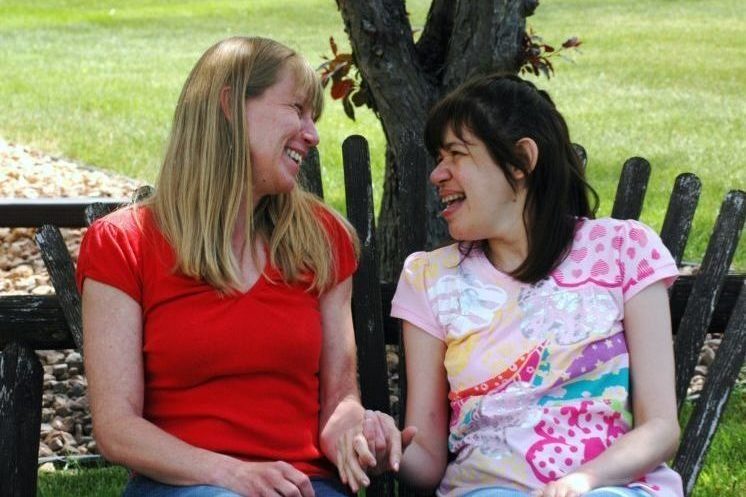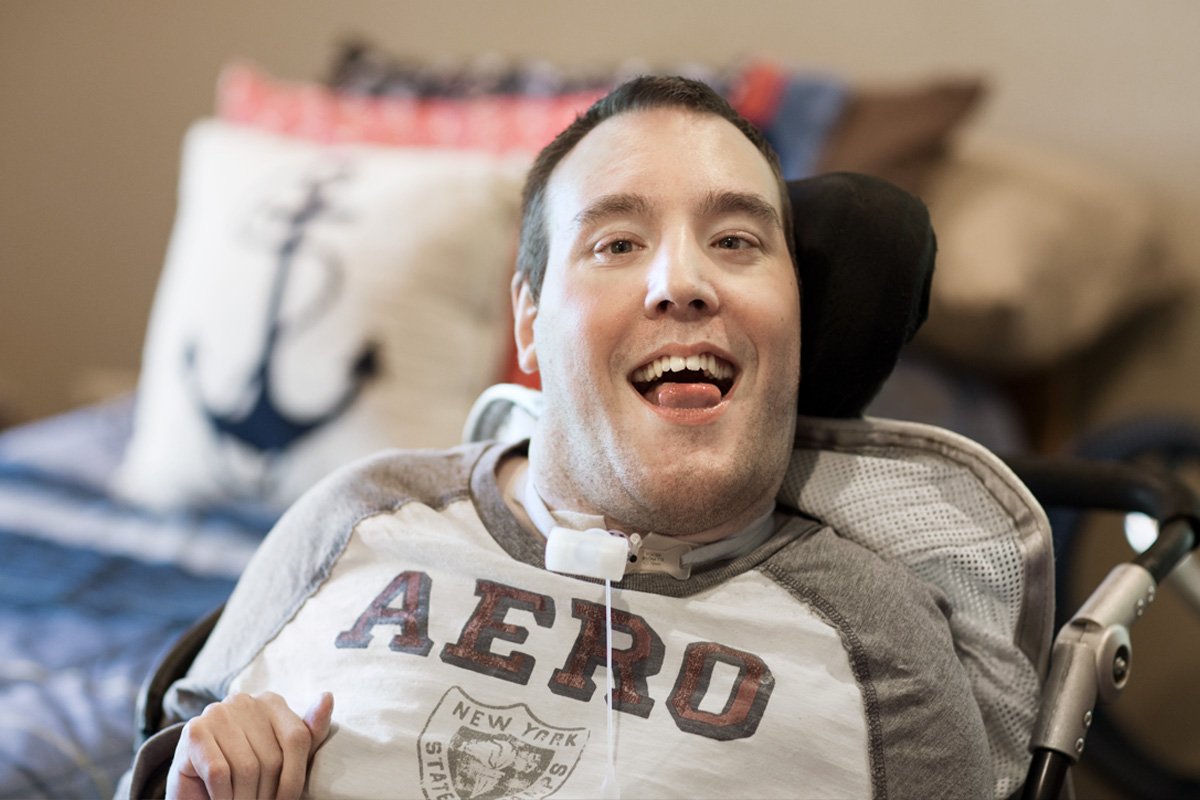CEO Corner – March 2024
April 18, 2024

As a family created and driven organization, HBI has always striven to ensure that it also served the families of the individuals. Some of our professional leaders were better at this than others. I have always believed strongly in this principle.
This value is of profound importance when one is delivering services to individuals with severe to profound disabilities. With individuals whose disabilities are less severe, there often is a difference between what families think and what their relatives think. Then, it is up to the service provider to represent the individual and work with the families to accept their relatives as adults. But individuals with profound disabilities often lack the capacity to chart their own course. Their families, of necessity, must often chart it for them, while the professionals work as effectively as they can to draw it out of the individuals.
Doing so involves a lifelong commitment that many families come to terms with over time. Most of us parents give up that burden when our children become adults. Not so with families of individuals with severe disabilities. The toll of this lifelong commitment is often agony, pain, guilt, anger, isolation, and great uncertainty. But it can also bring pride, joy, and immense satisfaction. And great learning too.
These are the themes of two spectacular books written by two fathers whose sons received or continue to receive services from HBI. Steve Harris has written Dads Like Us, A Survival Guide for Fathers Raising a Child with Disabilities. Samuel Lieberman is the author of Strong Shoulders. Both are excellent writers; the books are well-written, compelling, honest, and highly intelligent.
Both men and their families have endured more tragedy than most families with an individual with severe disabilities. Mr. Harris is the father of two children with disabilities. In 2012, his wife passed away after developing Parkinson’s-like symptoms; later testing reveals that she and her two sons shared a “rare and incurable neurological disorder.” Mr. Lieberman is the son of a holocaust survivor.
Mr. Harris describes his experiences as the father of two sons with disabilities, one whose condition was severe. Matthew was born with spina bifida, was in intensive care for over a year, and had dozens of surgeries in his first few years. Matthew eventually enters HBI residential services where he remains until his heart-breaking and much-too-early death just short of his 40th birthday. The book highlights the lessons Mr. Harris has learned from his experiences as a Dad. From how to master his emotions to manage his career to make effective use of his child’s care team of numerous providers and medical professionals, the book is full of intelligent, sensitive, and practical information.
Mr. Lieberman’s book is much longer and broader in scope. The son of a survivor of Auschwitz, he is called upon at a very young age to help his mother survive and move past the emotional trauma and anguish she suffers. Mr. Lieberman develops into a “child/adult” in support of his mother.
Following the beginning of a wonderful marriage to his wife Darla and the advent of an extraordinarily successful career as a financial manager, comes the birth of Jacob. There is a catastrophic birth accident; Jacob is whisked away to Children’s Hospital for two months in intensive care. Mr. Lieberman’s experience is similar to Mr. Harris’: great joy that crashes into shock, confusion, and fear. The search for a diagnosis of Jacob’s condition lasts for months; finally the direct and brutal assessment: Jacob has profound cerebral palsy, a seizure disorder, and will suffer developmental delays and physical disabilities. The plummet from the anticipation of a first-born with all the attendant hopes and dreams to the birth of a child with severe disabilities is soul shaking. As Mr. Lieberman’s mother Fraida says, they are all in Auschwitz now.
Jacob moves to an HBI home at the age of three. He resides in one today, dramatically outliving the estimate given to him by one of his physicians. He learns to communicate; or rather, we learn how to communicate with him. Assistive technology plays a large part. Mr. Lieberman becomes a leader of families at HBI, advocating for his son and other individuals served by the organization. His mother becomes a loving grandmother to her grandson.
These two Dads are extraordinary men: brave, honest, loving and strong. They undertake a journey in these books, from disappointed hopes to joy and pride in their children.
Matthew teaches Mr. Harris gratitude—“thank you” the son says to his 6th grade class at his graduation. Jacob teaches Mr. Lieberman patience, fortitude, and courage. He realizes this epiphany when Jacob begins to paint original, compelling works of art.
I am so grateful that I was able to lead HBI while serving these extraordinary people.
Everyone should read these books—certainly family members, but also service providers and agency workers. “Open your eyes” as Mother Cabrini says, if you want to know whom you are serving.
Don Priebe, CEO
News / CEO Updates /


